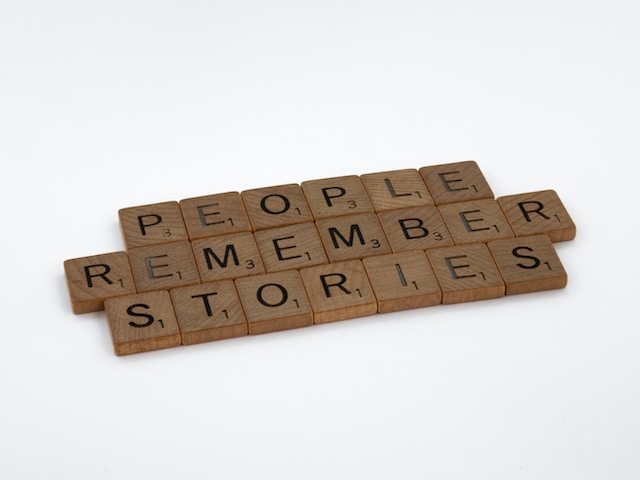Reflect and Reset

Pause. Breathe. Resume. Reflecting can lead to resetting.
Photo by Brett Jordan on Unsplash
Take the time to pause, breathe, and look ahead. It can be a valuable process. When we take the time to look back, we can also take the time to look forward more effectively. Looking back helps us make sense of what happened and looking forward helps us use this information to grow. As the seasons change, the days get longer, and the school year comes to a close, this can be a time ripe for reflection.
Reflection is a powerful tool, especially when paired with looking ahead. Before you close the doors in your mind on the past, it’s valuable to remember, process what happened, ask questions, and seek other perspectives.
Look back and look ahead…
- Process what happened:
- Decide how you process best: writing, talking, listening, a stillness practice (meditation, breath work), or some combination of these.










